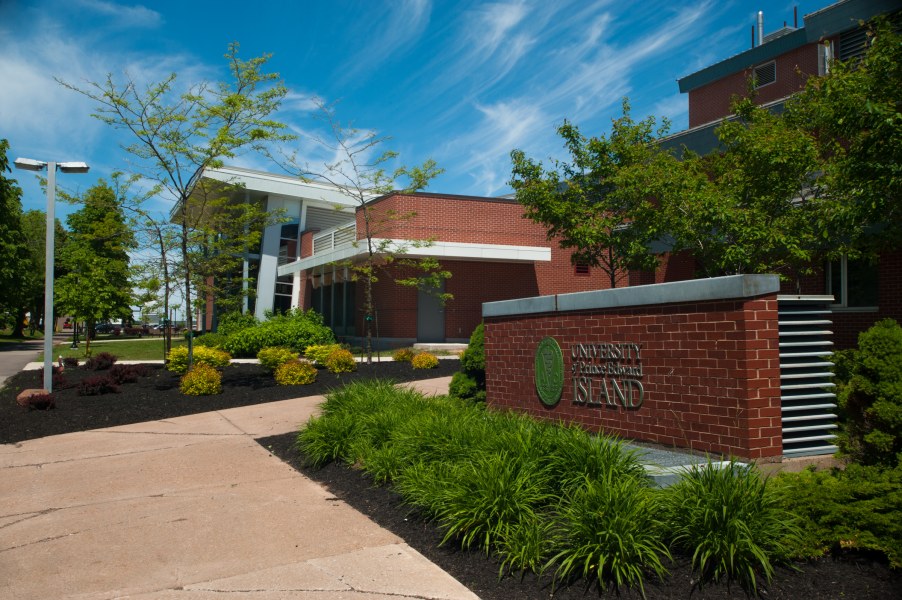AVC to expand diagnostic imaging capacity with addition of MRI

With financial support from a major donor, the Atlantic Veterinary College, University of Prince Edward Island, will expand its diagnostic imaging capacity with the addition of a magnetic resonance imagining (MRI) scanner.
“The addition of an MRI to our Veterinary Teaching Hospital will greatly expand the standard of care we can offer to companion animals and equine patients,” says Dr. Greg Keefe, dean of AVC, noting that no other veterinary hospital in Atlantic Canada has an MRI on site. “Having this technology within the College will help our clinicians better serve referring veterinarians and their clients in the region, ultimately advancing veterinary care for animals in Atlantic Canada. I am so grateful to the Rathlyn Foundation for supporting this very important and needed project.”
While all areas of veterinary medicine benefit from better imaging capability, he said, the specialties that will gain the most immediate benefit from the MRI will be internal medicine, surgery, neurology, cardiology, and oncology. An MRI will also allow AVC to attract and retain specialists in these disciplines, as well as veterinary radiologists.
The MRI will be an important tool in the training of veterinary students and residents, and it will open up numerous areas for research in animal health, human health, and comparative biomedical health, said Keefe.
An MRI uses a magnetic field and computer-generated radio waves to create detailed high-resolution images of bones and soft tissues inside the bodies of animals and humans in a non-invasive way. The technology is used to diagnose a variety of problems, such as brain and spinal cord disease, cancer, heart disease, eye and ear abnormalities, and tendon and ligament injuries.
“The caseload in the Veterinary Teaching Hospital is growing, and the expectations of our clients are that they can receive the same diagnostics and care for their animals as they would for themselves,” said Dr. Heather Gunn McQuillan, assistant dean clinical and professional programming. “The addition of an MRI is an important step in expanding our service delivery to meet their needs."
A section of the Veterinary Teaching Hospital will be reconstructed to house the MRI, which has highly specialized requirements. The project is expected to cost approximately $4 million, including the machine and construction, and take nine months to a year to complete.
Keefe noted that the MRI project is the first part of a multi-phase expansion of the VTH, including building additional capacity for an eventual diagnostic imaging centre that would serve all of Atlantic Canada.